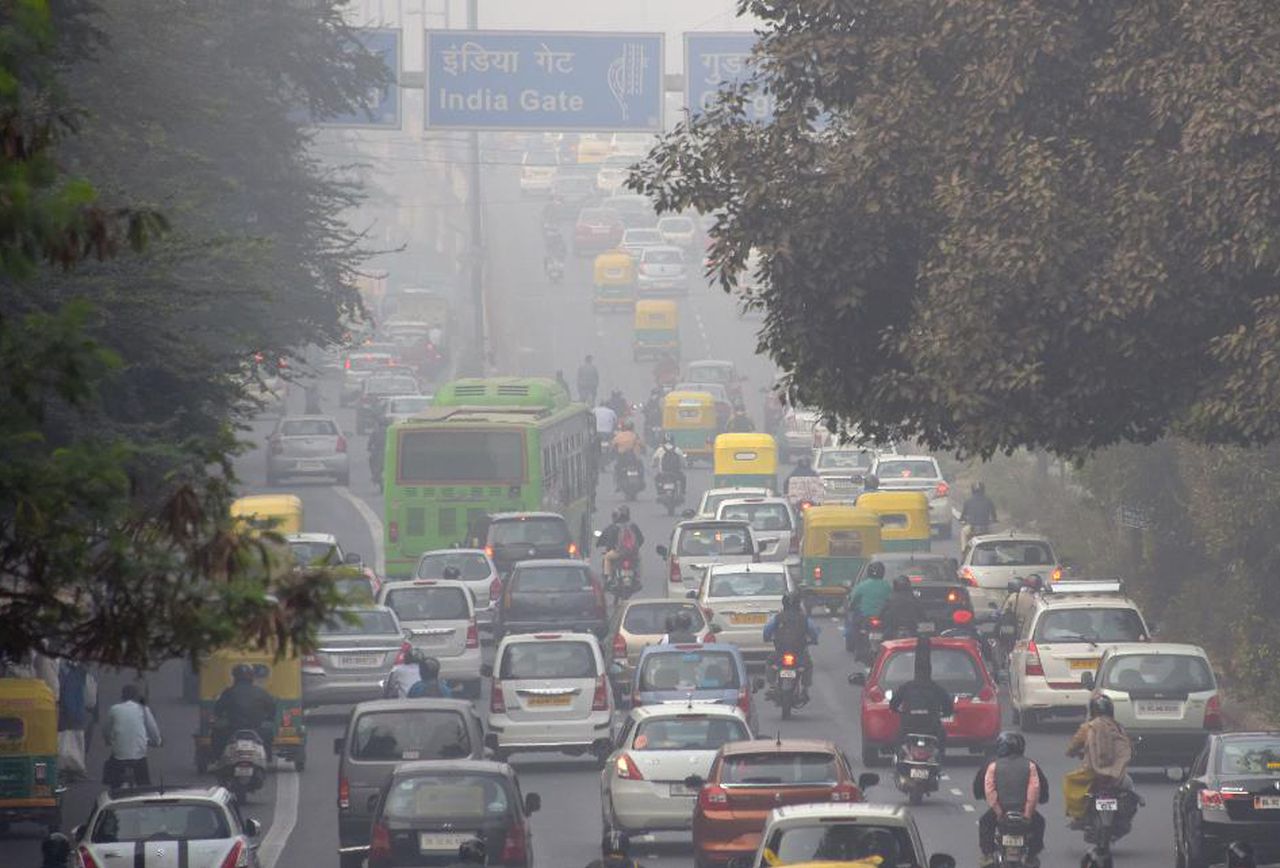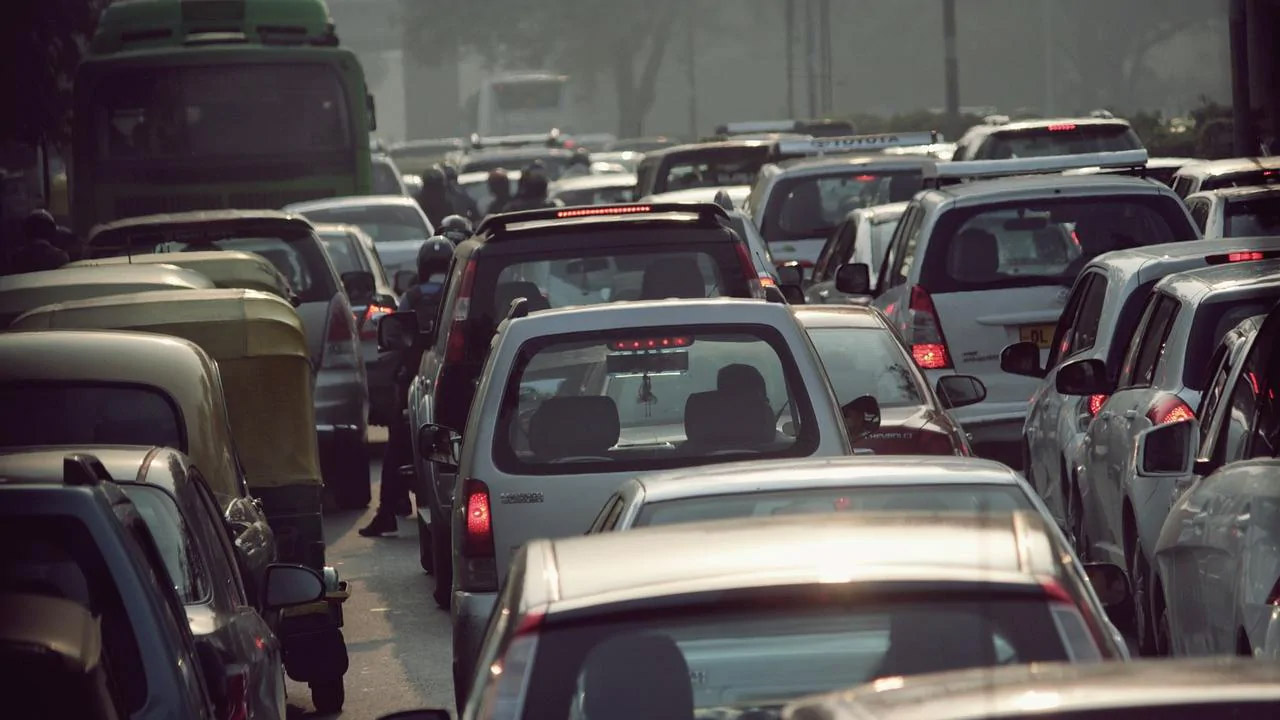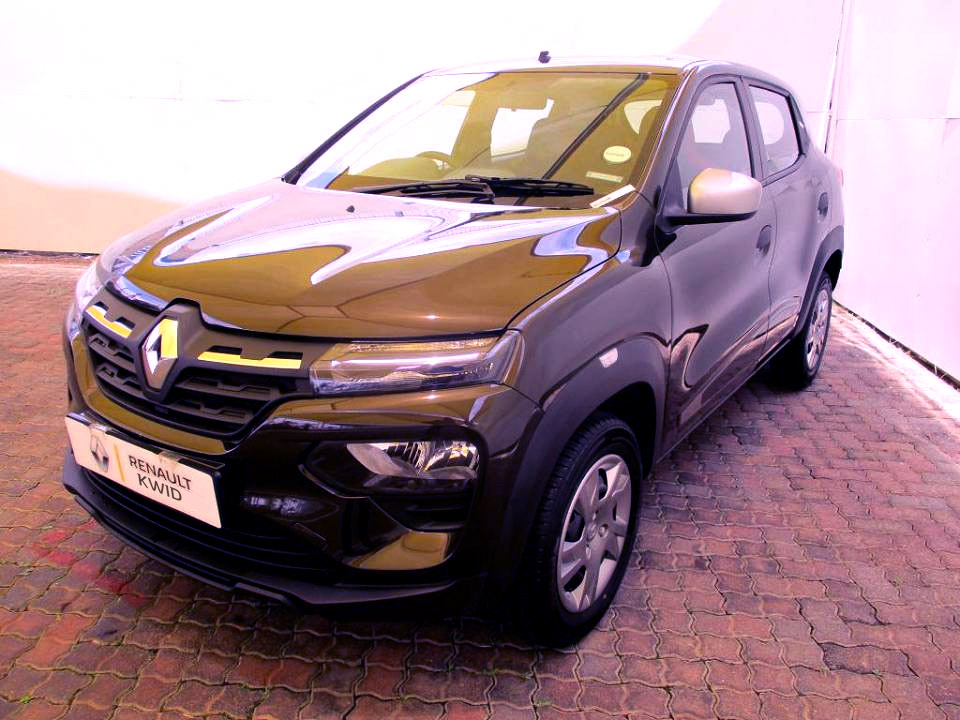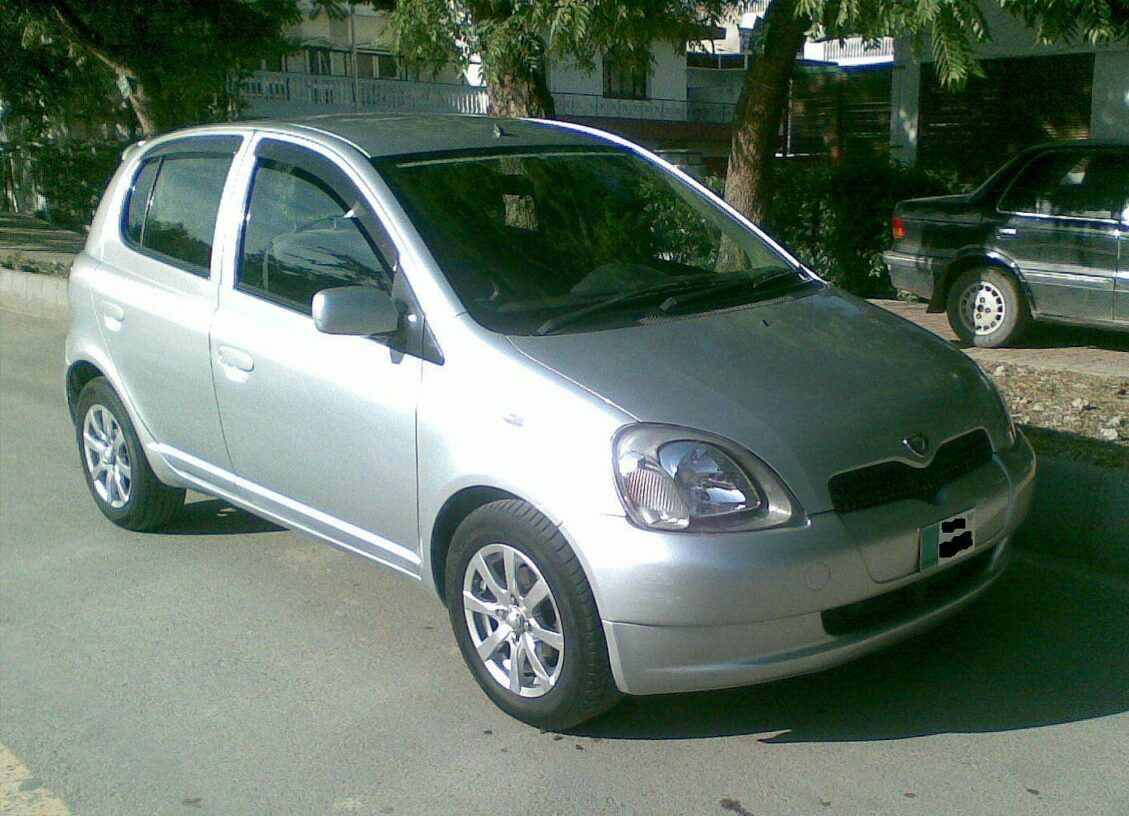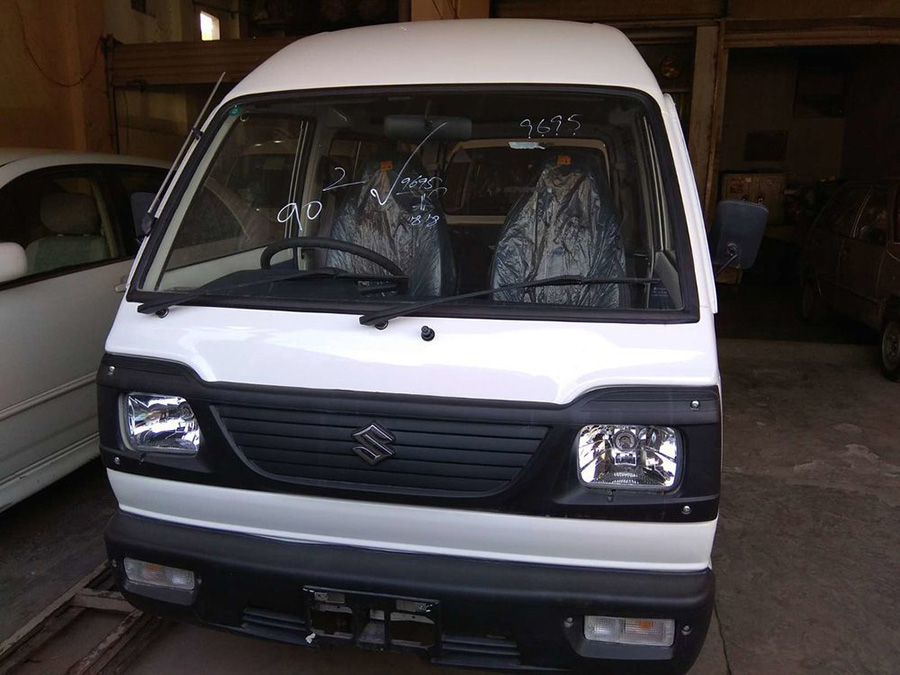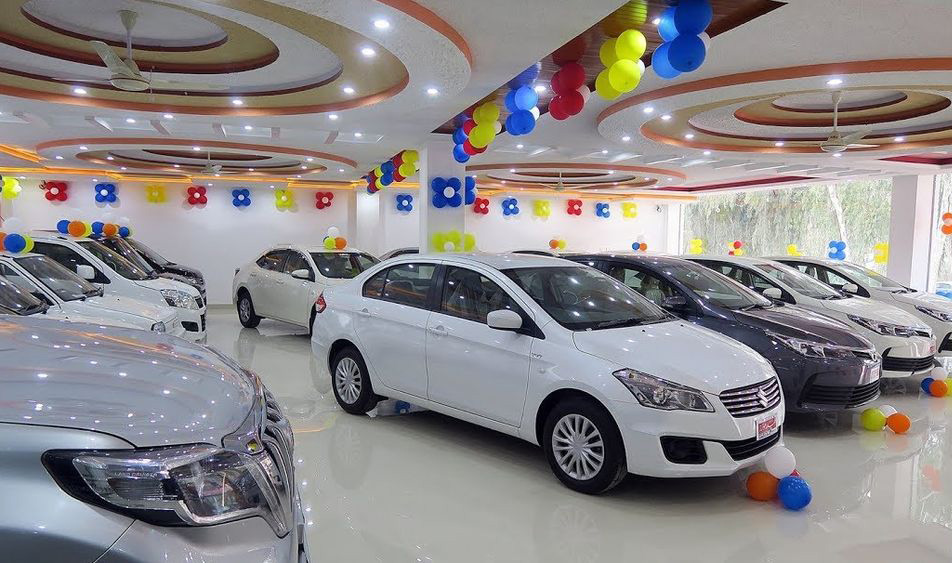Pakistan’s auto sector & its stakeholders have demanded a vehicle scrapping policy after an official announcement in India regarding the vehicle scrappage policy to tackle the issue of air pollution & boost domestic car sales.
Related: India to Enforce BS-VI Emission Standards by 2020
According to the Indian Finance Minister Nirmala Sitharaman:
“Under this, cars older than 20 years and commercial vehicles older than 15 years will be phased out from the roads. These vehicles will need to undergo a test at automated centers to determine whether they are fit for driving or need to be scrapped.”
“This will help in encouraging fuel-efficient, environment-friendly vehicles, thereby reducing vehicular pollution and oil import bill,” she added. The move will impact over 20 million cars in the country and is aimed at improving India’s “filthy air,” while boosting automobile demand, which has been under pressure for nearly a year now due to the COVID-19 pandemic.
According to our local auto stakeholders, developed countries have set the limit of vehicle age from 6 to 8 years, however “since Pakistan is a poor country, we can give 15 to 20 years but there must be a scrapping policy”.
Related: Will Switching to Euro-5 Solve Pakistan’s Environmental Problems?
Mashood Ali khan, the former chairman of PAAPAM (Association of Automotive Parts and Accessories Manufacturers) said they have been struggling with the auto scrapping policy for about two decades as it is imperative for the progress of our auto sector. Mashood Ali Khan added:
“Another way to discourage those in developed countries is to make license for old cars expensive, but for this, the government will need to give low-interest rate for car financing otherwise this law alone will not help.”
However, if we observe, the scrapping policy is implemented in markets where policies for new automakers are quite strict and they make sure that the vehicles sold in the country strictly abide to the respective minimum safety, consumption, emission or quality standards.
If India is implementing the scrapping policy, it means they are basically scrapping out Euro-2 & Euro-3 standard vehicles. It is pertinent to mention that India has implemented modern emission norms (Bharat-6/ Euro-6) less than a couple of years ago skipping the Euro-5 standards altogether. It was an uphill task for the automakers to upgrade their product lineup in a very short span of time, during the course of which many models & variants got discontinued and a couple of automakers such as FIAT were forced to pull out of Indian market due to non-availability of compatible products.
Related: Suzuki’s Troubling Sales on Both Sides of the Border and the Way it Responds
Not only emissions, even the safety standards are to be strictly followed by the automakers in Indian market. Mandatory systems to be included in each vehicle are OBD, dual airbags, reverse parking sensors, seatbelt reminders, speed warning system, ABS, TCS and ESP.
Also, prices of cars in India are much cheaper compared to ours. For example, there are nearly a dozen options available from INR 3.0 to INR 4.5 lac (PKR 6.4 lac to PKR 9.6 lac) whereas used cars come even cheap. Just to give an idea, a clean 2006 Honda Civic (Reborn) comes less than INR 1.8 lac. So those which will get their cars scrapped will need to add a little more in addition to the govt incentives of course, to get a new car. However, in Pakistan there is a huge gap between the prices of old cars & mass-produced new ones with very restricted options available.
Related: What You Get in 1 Million: Pakistan vs India
Automakers are to strictly abide to emission norms, fuel consumption & safety regulations in developed markets. Unfortunately, no such system exists here in our country and the only thing that needs to be met is the Euro-2 criteria. Interestingly however, the sort of cars that are being assembled in Pakistan as ‘new’ in this day & age, are still inferior to the 15 years old JDMs we have here in our market.
So, if the scrappage cap is to be put on 15-years old passenger cars which may include the likes of JDM Toyota Vitz/ Platz/ Premio etc then these supposedly better equipped cars will go off the roads in favor of the locally assembled Cultus MK-II, Mehran, Bolan or Wagon R as they are ‘new’.
Due to the absence of proper regulations, and even 21 years into the new millennium, we still assemble decades old cars in the name of new and are even welcoming the discarded models that are being launched by the newcomers in the name of competition.
Related: Are Local Assembled Cars Only Expensive?
So, it’s important that regulations should be there for automakers in the first place and we should now devise minimum required standards in terms of safety, emissions and fuel consumption so that we can upgrade the standards of the so called new instead of removing the 15-years old supposedly better ones off the roads.
The next important thing is to implement the scrapping policy on public transport & commercial vehicles as well. We can’t just cap the passenger vehicles to boost the sales of local assembled cars while neglecting the transportation sector which is still using decades old vehicles causing an environmental damage to a greater extent.
Related: Why JDM Cars Are Considered a Threat to Local Assembled Ones
Next is to ensure smooth production & delivery of new vehicles assembled in the country, as even with such reduced numbers (averaging less than 15,000 units a month: PAMA Data) we are yet to get the deliveries of cars on time with waiting period still exceeds 4 months in case of volume sellers. Since we are talking about to convert old car users into new car buyers, we are asking for an increased demand which must be timely catered.
Lastly the government needs to give incentives to the buyers trading their old cars into buying the newer ones. Also, since the prices of cars (4 wheelers) have gone exceptionally high in recent years, increasing the gap between an entry-level 2-wheeler from Rs 300,000 to up to Rs 1.5 million, is one of the reasons why people are mostly engaged in drifting towards used cars rather than newer ones. Serious measures are needed to be taken to bring the prices down to a more realistic level, perhaps by abolishing certain taxes or providing incentives as well.
Related: Rising Difference in Motorcycle & Car Prices & the Need to Fill the Gap
The scrapping of older vehicles is a common practice in developed markets but we need to come up with a very logical argument to enforce this policy in our country & obviously only on the basis of age factor, vehicles must not be scrapped. Plus, the same should be enforced on commercial vehicles & public transport whereas strict measures should be taken to put an end to old & obsolete cars being assembled as ‘new’.
What is your take on the vehicle scrapping policy? Do share your thoughts in the comment section below.

A computer animation professional with over 23 years of industry experience having served in leading organizations, TV channels & production facilities in Pakistan. An avid car enthusiast and petrolhead with an affection to deliver quality content to help shape opinions. Formerly written for PakWheels as well as major publications including Dawn. Founder of CarSpiritPK.com

